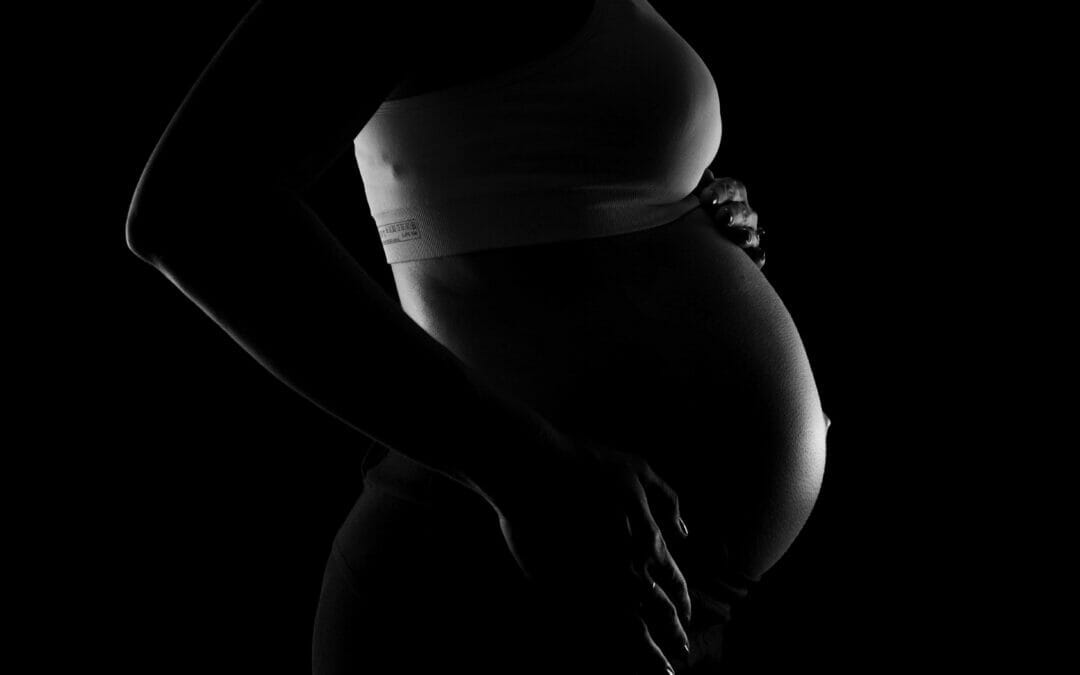Placental abruption refers to the separation of the placenta from the lining of the uterus, and can occur anytime after 20 weeks of pregnancy, although it is more likely to occur during the third trimester. Placental abruption only occurs in about 1% of pregnancies, and in most cases is successfully treated, however this depends on the type of separation.
Symptoms Of Placental Abruption
If you are experiencing any of the following you may be experiencing placental abruption:
- Vaginal bleeding (keep in mind that 20% of patients experience no bleeding)
- Tenderness and pain in the abdomen
- Rapid contractions
- Changes in fetal heart rate
Anytime there is bleeding in the third trimester should warrant a trip to your health practitioner, as this could be an indication of other complications such as placenta previa. Your health care provider will be able to run tests for a proper diagnosis.
What Happens During Placental Abruption?
It is important to remember that the placenta is what connects you to your baby and provides it with the essential ingredients for life: blood, oxygen and nutrients. If the placenta becomes separated from the uterus then it interrupts the supply of oxygen to the baby.
There is no way of truly knowing that placental abruption has occurred until after the baby is born and your health practitioner can examine the placenta. However, a reasonable diagnosis can be made using the following methods:
- Ultrasound
- Measurement of symptoms such as bleeding and pain
- Blood tests
- Fetal monitoring
Treatment For Placental Abruption
The course of treatment taken will depend on several factors: the location of the separation, the maturity of the fetus and how severe the separation is. Different degrees of separation, from partial to total will call for different levels of treatment.
When there is a partial separation usually bed rest and monitoring will be recommended until it the baby has reached maturity. On occasion other treatment, such as blood transfusion will be prescribed.
A total separation will usually result in delivery of the fetus. If the fetus is stable then the health practitioner may allow a vaginal delivery, otherwise a cesarean will be recommended. Once the placenta detaches, there is no way to reattach it. A detached placenta will usually result in premature birth and a low birth rate. When there is a severe placental abruption the fetal death rate is approximately 15%.
Causes Of Placental Abruption
No one exactly knows the causes of placental abruption, but pregnant women are at a higher risk if they:
- Continue to smoke throughout their pregnancy
- Use recreational drugs, such as cocaine
- Are over 35 years of age
- Have high blood pressure
- Are carrying twins or multiples
- Have previously had placental abruption
- Have a trauma to the abdomen
- Have uterine abnormalities
When To Call For Help
If you are experiencing vaginal bleeding, pain or tenderness in your abdomen then you should contact your health practitioner immediately so they can make a proper diagnosis. The sooner that a diagnosis is made, the faster treatment can begin to keep you and your baby healthy.

